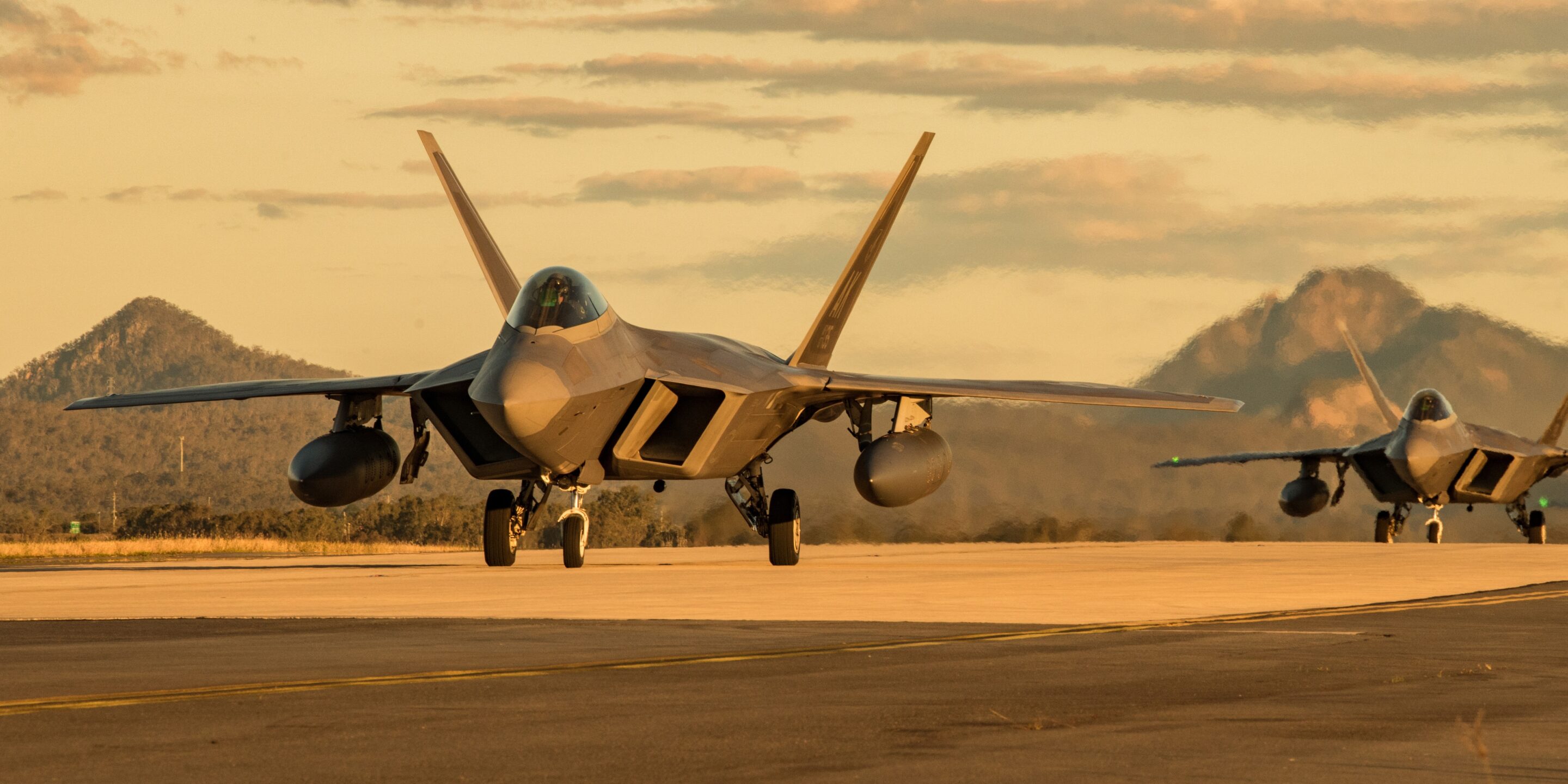
If you didn’t know any better, you might think the United States was on the precipice of a war with Iran.
That’s what some commentators and lawmakers are certainly hoping for after this weekend, when a drone targeted a small U.S. military outpost just inside northeastern Jordan. Three U.S. troops were killed and more than 30 additional soldiers were injured. The drone apparently exploded near the facility’s sleeping quarters, which explains the high casualty rate. This is the first time a militia attack against a U.S. military location in the Middle East has resulted in American fatalities since Tehran’s proxies accelerated their assaults in mid-October. “We know these groups are supported by Iran—make no mistake about that,” White House national security spokesperson John Kirby told reporters today before claiming that the attacks will require a response.
That a military response is in the offing isn’t surprising. If President Joe Biden authorized retaliatory airstrikes after U.S. troops were wounded in drone and militia attacks, it’s guaranteed that he would authorize them after Americans were killed. The decision has been made.
The scope of it, however, is extremely important. Calls for going above and beyond proportional retaliation, to targets inside Iran itself, will simply create more problems and compel the Iranians to respond directly. The U.S., then, would be juggling multiple adversaries simultaneously at a time when the White House apparently wants to prevent the cycle of violence from getting even worse. Biden himself would have to justify to the American public why he thought it was necessary to widen the conflict, and in effect, plunge the U.S. into a war that Congress hasn’t debated, let alone authorized.
More on Middle East

By Jennifer Kavanagh and Dan Caldwell
June 28, 2025

By Rosemary Kelanic and Jennifer Kavanagh
June 25, 2025

Featuring Rosemary Kelanic
June 25, 2025
Events on Iran






